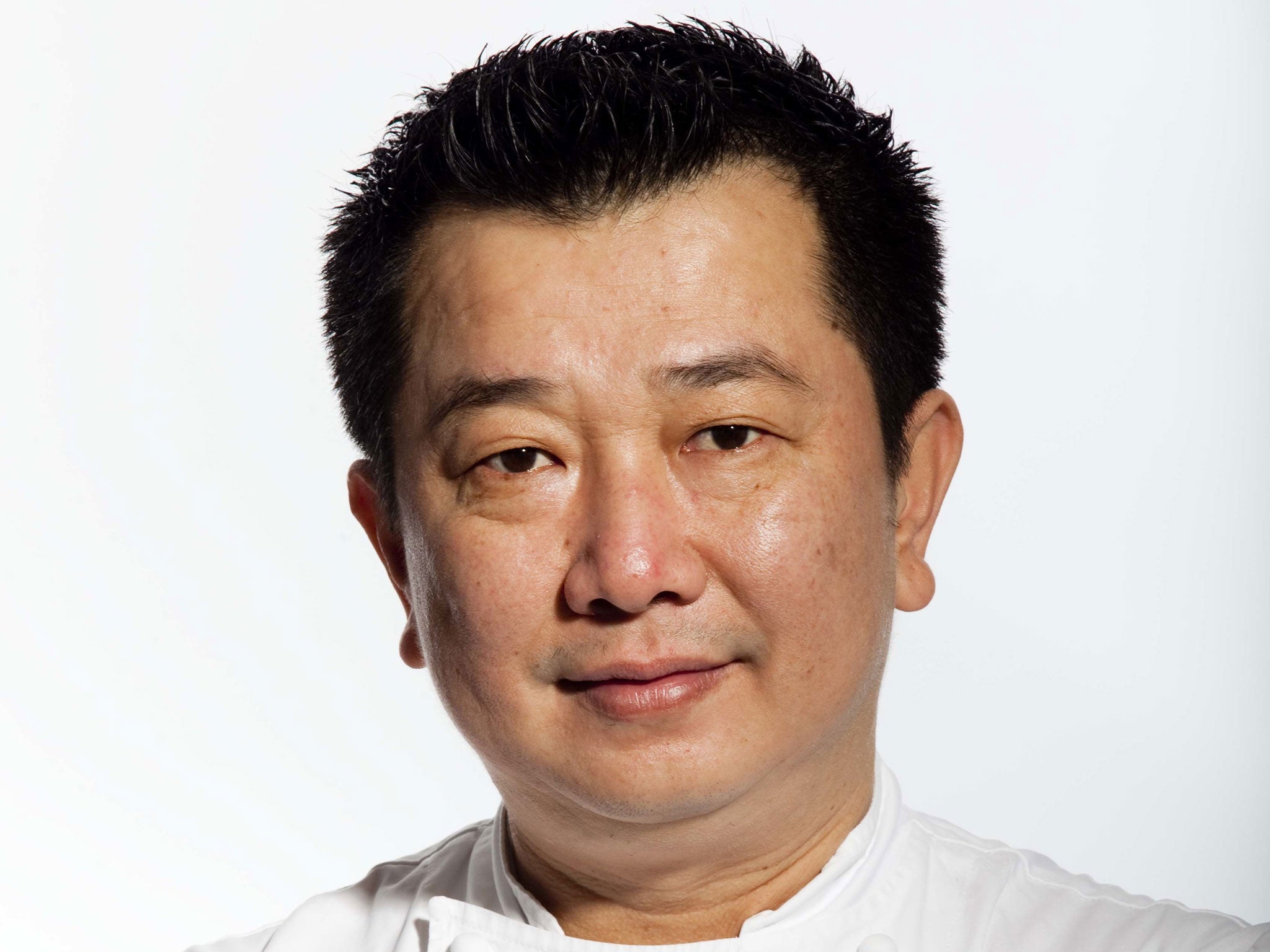My Life in Food: Tong Chee Hwee
'Poached nashi pears with bitter almonds are a great way to fend off winter colds'

Your support helps us to tell the story
From reproductive rights to climate change to Big Tech, The Independent is on the ground when the story is developing. Whether it's investigating the financials of Elon Musk's pro-Trump PAC or producing our latest documentary, 'The A Word', which shines a light on the American women fighting for reproductive rights, we know how important it is to parse out the facts from the messaging.
At such a critical moment in US history, we need reporters on the ground. Your donation allows us to keep sending journalists to speak to both sides of the story.
The Independent is trusted by Americans across the entire political spectrum. And unlike many other quality news outlets, we choose not to lock Americans out of our reporting and analysis with paywalls. We believe quality journalism should be available to everyone, paid for by those who can afford it.
Your support makes all the difference.Tong Chee Hwee's career began in 1963 at the Happy Valley restaurant in Singapore, where he was third fryer. By 1995 he was fryer chef at the Ritz Carlton in Singapore, when he was spotted by the restaurateur Alan Yau, who persuaded him to become head chef at London's Hakkasan. Within a year it won a Michelin star. After winning a Tio Pepe ITV Restaurant Award and London Chef of the Year, he became executive head chef for the Hakkasan group in 2010. His latest project, HKK, a Chinese banqueting restaurant serving only a tasting menu, opened in London this week.
What are your most and least used pieces of kitchen kit?
The most used item in my kitchen would have to be the wok. It's so flexible, you can use it to roast, fry, steam and smoke. Essentially you can create most European dishes with it. The least used item would be a fork, since I use chopsticks.
If you had only £10 to spend on food, where would you spend it and on what?
I would head down to Borough Market and buy the freshest seasonal ingredients I could get my hands on. Right now oysters are in season, so I would spend £6 on oysters and the rest on vegetables, fruits and sauces to complement them. Maybe pears, cobnuts, dates or lemon and tabasco.
What do you eat for comfort?
Usually a nashi pear. It's refreshing, thirst-quenching and I like to eat one to detox my body after a day's work. In the winter I poach them with bitter almonds – it's a great way to fight off colds and soothe a sore throat.
If you could only eat bread or potatoes for the rest of your life, which would you choose?
I don't think I could choose either, I rarely eat bread and potatoes. I'd go with rice instead. It's in my blood. But If I had to choose one, it would probably be potatoes since they are unprocessed. Plus you can use them to create so many dishes. Personally, I'd stick with sweet potatoes .
What's your desert island recipe?
It would have to be steamed fish with ginger slices (probably mouse grouper) topped with spring onion and splashed with hot groundnut oil. I'd serve them with a bowl of steamed rice and finished with a good soya sauce. When all these ingredients are combined the dish has great depth, plenty of umami and all my favourite flavours.
What's your favourite restaurant?
Gordon Ramsay's Royal Hospital Road. The food is incredible; the service, fantastic. You are always guaranteed a brilliant meal. My favourite dish there is the suckling pig, crispy belly, roasted loin, spiced shoulder sausage, choux farci with crushed potatoes and spring onions.
What's your favourite cookbook?
I prefer books on ingredients, but often find inspiration in Market Trotter. It's a book and television series by Chua Lam, who is a Malaysian-born writer in Hong Kong. He highlights the joys of shopping at street markets in Asia and using old ingredients such as pork dripping. I also sometimes browse through The Cook's Book of Ingredients.
Who taught you to cook?
I was inspired to learn to cook by my family; mostly my grandmother. It was, however, chef Chen from Hong Kong, the master chef of Cantonese cuisine in the 1980s, who taught me the key techniques. I was under his mentorship for 14 years. I owe a large part of my success to him.
Join our commenting forum
Join thought-provoking conversations, follow other Independent readers and see their replies
Comments